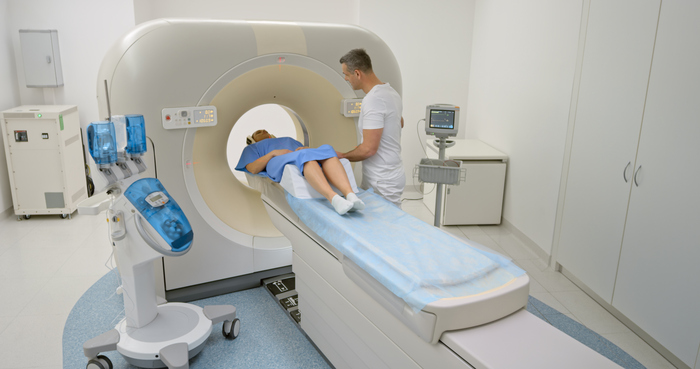Italy is still behind in terms of compliance with cancer prevention screening: less than 40% of the target population in Italy is screened for cervical cancer compared to an EU average of 56%. And again: despite recent investments, the National Health System does not include screening programs for lung and prostate cancer, while for breast cancer there is a large gap between northern and southern Italy in adherence to screening programs with the south currently having a coverage rate of 23% for the target population, compared to 63% in the north. These are some of the data that emerge from the ‘National Report for Italy’, drawn up by the European Cancer Organization (Eco) in collaboration with the Umberto Veronesi Foundation and presented today to the Senate.
For another of the most common cancers, colorectal cancer, the Report highlights, only 77% of the target population in Italy is invited to screening, and in regions such as Sicily less than 20% take advantage of this opportunity. The objective, underline the Eco researchers, is therefore to develop “innovative methods to improve, promote and make early cancer diagnosis accessible to all citizens”, since “by improving tumor screening, it is possible to save thousands of lives” . The reasons for the poor adherence to screening, the researchers highlight, “are many, but these gaps help to explain why in Italy patients are diagnosed when they are already in more advanced stages of the tumor, compared to the rest of Europe. This has an impact directly on the outcomes and chances of survival of patients”. Hence a series of specific recommendations taken from Eco’s European Manifesto against Cancer 2024, highlighting best practices that can be undertaken at national level, including improving public awareness by sharing more information and monitoring high risk, such as people affected by the hepatitis B and hepatitis C viruses, capable of causing tumors.
breaking latest news © Copyright ANSA
